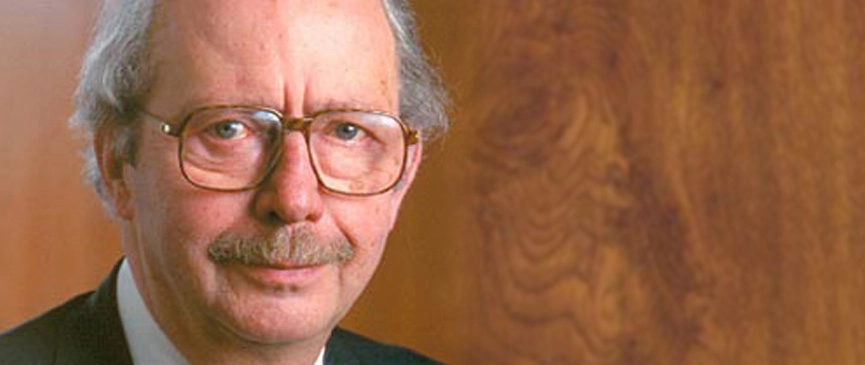Main content
Ralf Dahrendorf Prince of Asturias Award for Social Sciences 2007

Sociologist, political scientist and economist, Lord Ralf Dahrendorf (Hamburg, Germany, 1929 – Cologne, Germany, 2009) earned degrees in philosophy, classical philology and sociology from Hamburg University and in 1952 he gained a doctorate of philosophy and classics. From 1953 to 1954 he completed postgraduate studies at the London School of Economics. He was a professor of sociology in Hamburg (1957-1960), Tubinga (1960-1964) and Constanza (1966-1969). He was elected to the German parliament for the Free Democratic Party, a liberal political party, and was a Parliamentary Secretary of State in the Ministry of Foreign Affairs during Willy Brandt´s first term as Chancellor. In 1970 he was made a Commissioner of the European Commission in Brussels. He also continued pursuing his academic career and was a director of the London School of Economics (1974-1984) and a warden of St. Anthony´s College, a graduate college at Oxford University specialising in international studies. Having taken British citizenship in 1988, in 1993 he was granted a life peerage and was created Baron Dahrendorf of Clare Market in the City of Westminster by Queen Elizabeth II. Since then, he sat in the House of Lords as a cross-bencher, a member who is not aligned to any particular party. He was a professor at Berlin University´s Faculty of Social Sciences.
Prominent amongst his studies are his contributions to social conflict theories, which deal with such issues as the need for integration and order in contemporary societies, whilst defending the concept of conflict as an element of social change. Likewise, he upholds the need for Europe to confront the problems it faces, such as unemployment and maintaining a welfare state. Ralf Dahrendorf is the author of an extensive collection of works, including Class and Class Conflict in Industrial Society (1959), The Modern Social Conflict: The Politic of Liberty (1988), Society and Democracy in Germany (1967) and Law and Order (1994).
Fellow of the British Academy, he received more than twenty honorary degrees from universities in the United Kingdom, Ireland, Belgium, Italy and the United States, among others. He was awarded the Sigmund Freud Prize for Scientific Prose in 1989.
End of main content
